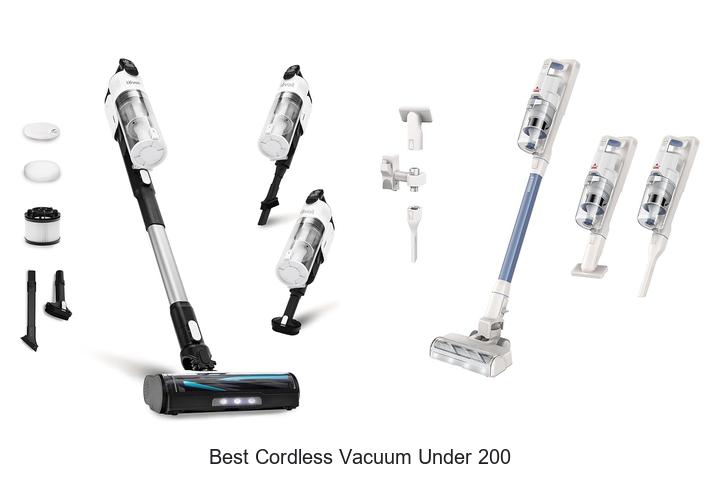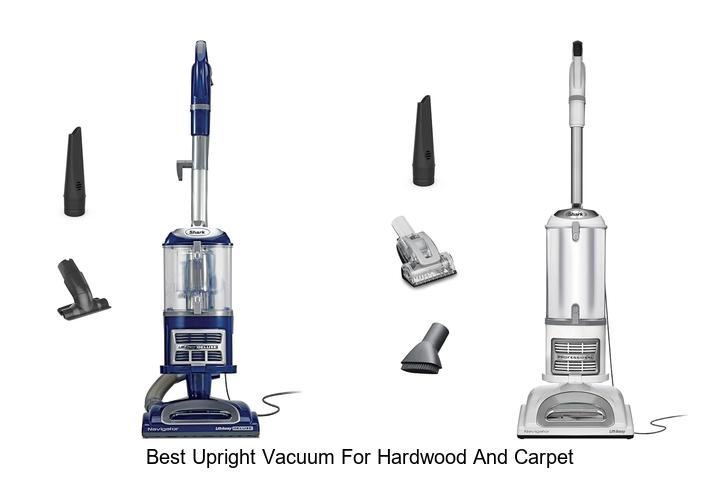How to Clean Carpet Without Vacuum: Easy & Quiet Methods
Keeping your carpet clean without a vacuum might seem tricky, but it’s totally doable with the right techniques. Whether you don’t have a vacuum on hand or want to avoid the noise and hassle, there are simple methods that can help you maintain fresh and spotless carpets.
You’ll discover easy DIY solutions and everyday tools that work wonders on dirt and dust. By using these effective alternatives, you can keep your carpet looking great without spending a fortune or relying on bulky equipment. Let’s dive into practical tips that make carpet cleaning quick and hassle-free.
Why Clean Carpets Without a Vacuum?
Cleaning carpets without a vacuum makes sense in various situations. You can maintain cleanliness and extend carpet life using alternative methods.
Common Reasons to Avoid Using a Vacuum
- Lack of access to a vacuum, such as during travel or in rental spaces
- Quiet cleaning needed in noise-sensitive environments like offices or apartments
- Power outages or electrical issues preventing vacuum use
- Vacuums causing damage to delicate carpet fibers or fringes
- Allergies aggravated by vacuum dust emissions or poor filter conditions
Benefits of Alternative Cleaning Methods
- Portability and ease of use with simple tools like brooms, brushes, or handheld sweepers
- Cost savings by avoiding vacuum purchase and maintenance expenses
- Reduced noise pollution during cleaning tasks
- Ability to target specific stains or high-traffic areas more precisely
- Gentle treatment suited for delicate rugs or carpets with intricate designs
Tools and Materials Needed for Cleaning Carpets Without a Vacuum
You can clean your carpet effectively using common household items and specialized products designed for carpet care. Choosing the right tools simplifies the process and improves results.
Household Items That Work Well
- Broom: Use a stiff-bristled broom to sweep loose dirt, dust, and debris from carpet surfaces and edges.
- Rubber Gloves: Wear rubber gloves to protect your hands during spot cleaning and when handling cleaning agents.
- Scrub Brush: Opt for a brush with firm bristles to tackle stains and ground-in dirt through gentle scrubbing.
- Lint Roller: Remove pet hair and fine particles from carpet fibers quickly using a sticky lint roller.
- Microfiber Cloths: Apply moisture and cleaning solutions efficiently while avoiding over-wetting with lint-free microfiber cloths.
- Bucket: Mix cleaning solutions and hold water needed for rinsing areas during spot treatments.
Specialized Carpet Cleaning Products
- Carpet Shampoo: Choose a formula suited to your carpet type for deep cleaning and stain removal without damaging fibers.
- Baking Soda: Use baking soda as a deodorizer and mild abrasive to lift dirt and neutralize odors.
- Carpet Spot Cleaner: Apply ready-made spot cleaning sprays designed to break down stains on contact.
- Foaming Carpet Cleaner: Opt for a foam that penetrates carpet fibers for thorough cleaning when applied with a brush.
- Carpet Sweeper: Select a manual carpet sweeper to pick up debris quietly and without electricity.
- Enzymatic Cleaner: Use enzymatic solutions for organic stains such as pet urine or food spills to ensure complete removal.
These tools and materials form a practical toolkit for maintaining carpet cleanliness without a vacuum.
Step-by-Step Methods to Clean Carpet Without Vacuum
Cleaning your carpet without a vacuum requires simple tools and effective techniques. Use these step-by-step methods to maintain carpet freshness and remove dirt or stains efficiently.
Using a Carpet Brush or Broom
Use a carpet brush or broom to loosen and gather dirt and debris. Start by brushing the carpet fibers in one direction to dislodge particles lodged deep in the pile. Next, sweep the loosened dirt into a dustpan. Repeat the process from different angles to capture more dirt. Use a stiff-bristled brush for durable carpets and a softer broom for delicate fibers to avoid damage.
Dry Carpet Cleaning Powder Techniques
Apply a dry carpet cleaning powder evenly over the carpet surface. Let the powder sit for 15 to 30 minutes so it can absorb oils and dirt. Using a carpet brush, work the powder into the fibers with circular motions. Remove the powder thoroughly by sweeping it up with a broom or collecting it with a dustpan. Repeat if stubborn dirt remains. For best results, choose powders formulated specifically for carpet cleaning.
Steam Cleaning with a Mop or Cloth
Use a mop or microfiber cloth dampened with hot water to steam clean your carpet. Avoid soaking the carpet; only lightly dampen the surface to prevent mold or mildew buildup. Move the mop or cloth slowly across the carpet in overlapping strokes to lift dirt and refresh fibers. Change water frequently to avoid spreading dirt. This method works well for surface cleaning and light stains.
Spot Cleaning Stains Without a Vacuum
Treat stains immediately by applying a carpet spot cleaner or a mixture of vinegar and water directly onto the stain. Blot the area with a clean microfiber cloth, pressing firmly to lift the stain without rubbing it deeper. Use a soft brush to gently agitate tougher stains if necessary. Rinse the spot with clean water dampened cloth and blot dry to prevent residue buildup. Repeat spot treatment until the stain disappears.
Tips for Maintaining Carpet Cleanliness Without a Vacuum
Maintaining carpet cleanliness without a vacuum relies on consistent care and proactive habits. Using simple techniques enhances your carpet’s appearance and extends its lifespan.
Regular Spot Treatment
Treat spots immediately to prevent stains from setting into carpet fibers. Use a clean microfiber cloth to blot fresh spills, avoiding rubbing which spreads the stain. Apply a small amount of carpet spot cleaner or a mixture of water and mild detergent to the affected area. Gently dab the stain until it lifts. Rinse with a damp cloth and blot dry to remove residue. Repeat for stubborn stains, ensuring the carpet dries completely to prevent mildew.
Preventative Measures to Minimize Dirt
Reduce dirt accumulation by placing doormats at all entrances, preferably those designed to trap dust and mud effectively. Remove shoes before walking on carpets to limit dirt transfer. Schedule regular sweeping with a stiff-bristled broom or manual carpet sweeper to capture loose debris. Use furniture protectors to avoid imprint marks and dirt buildup around heavy items. Keeping pets’ paws clean and trimmed also helps decrease dirt tracked onto carpets.
When to Consider Professional Cleaning Services
Recognize carpet conditions that require professional cleaning. You benefit from expert intervention when stains penetrate deeply, odors persist despite home treatments, or dirt embeds within thick fibers. Opt for professionals if you face large carpeted areas that demand thorough cleaning beyond manual methods.
Identify scenarios involving delicate or valuable carpets. You protect expensive or antique rugs by hiring specialists equipped with appropriate techniques and products that avoid damage.
Acknowledge health-related concerns. You limit allergens, dust mites, and bacteria through professional-grade steam or dry cleaning, helping reduce allergy and asthma triggers effectively.
Assess the limitations of DIY cleaning. You avoid frustration and ineffective results if your carpet shows heavy soiling or has experienced water damage that fuels mold growth.
Evaluate time and equipment constraints. You save time and effort by hiring services that use industrial machines capable of deep cleaning, especially when frequent maintenance becomes impractical.
Focus on regular professional cleanings every 12 to 18 months, or sooner if you experience high foot traffic, pets, or spills. This schedule maintains carpet integrity and extends its lifespan.
Conclusion
You don’t need a vacuum to keep your carpets looking fresh and clean. With the right tools and simple techniques, you can easily tackle dirt and stains while protecting your carpet’s fibers. These methods offer quiet, cost-effective, and gentle alternatives that fit perfectly into your routine.
By staying consistent with your cleaning habits and knowing when to call in the pros, you’ll extend the life of your carpets and maintain a healthier home environment. Embrace these vacuum-free strategies and enjoy a spotless carpet without the hassle or noise.




